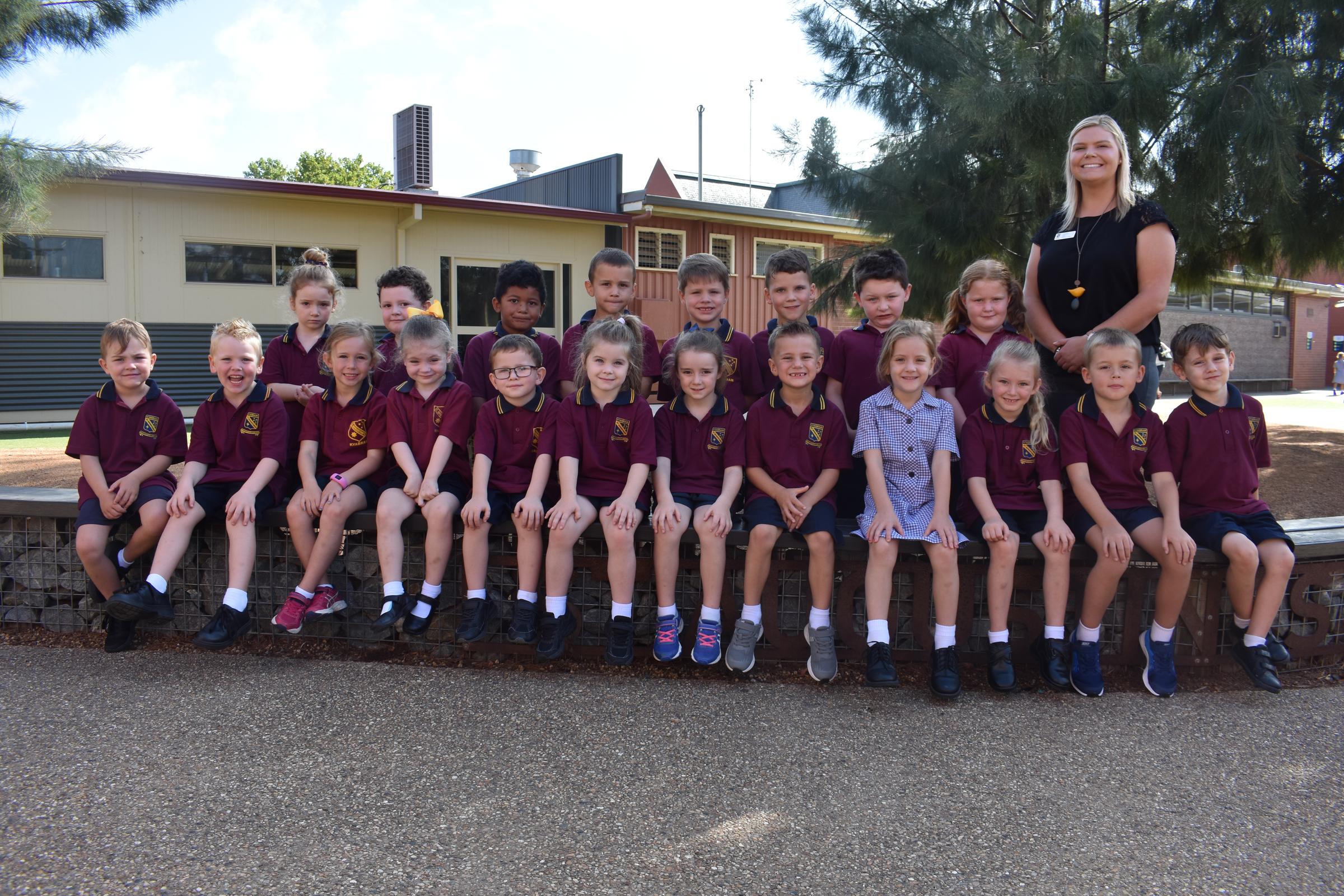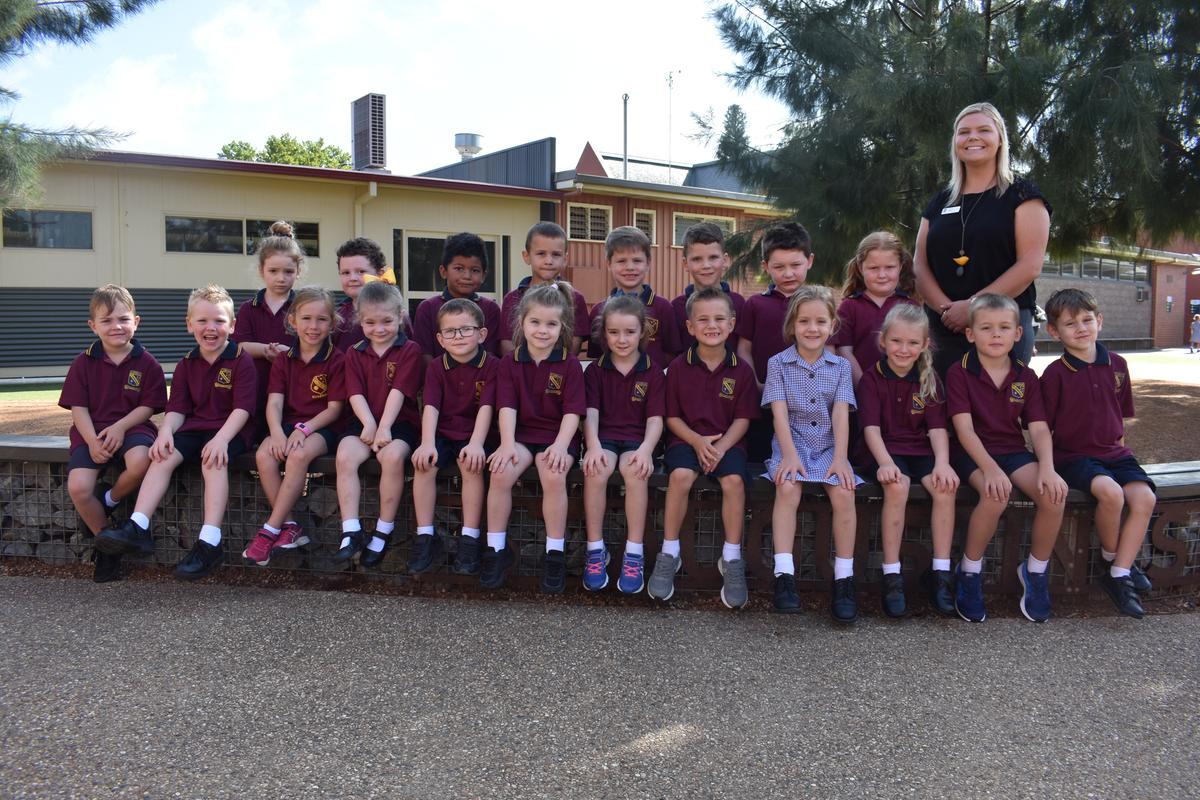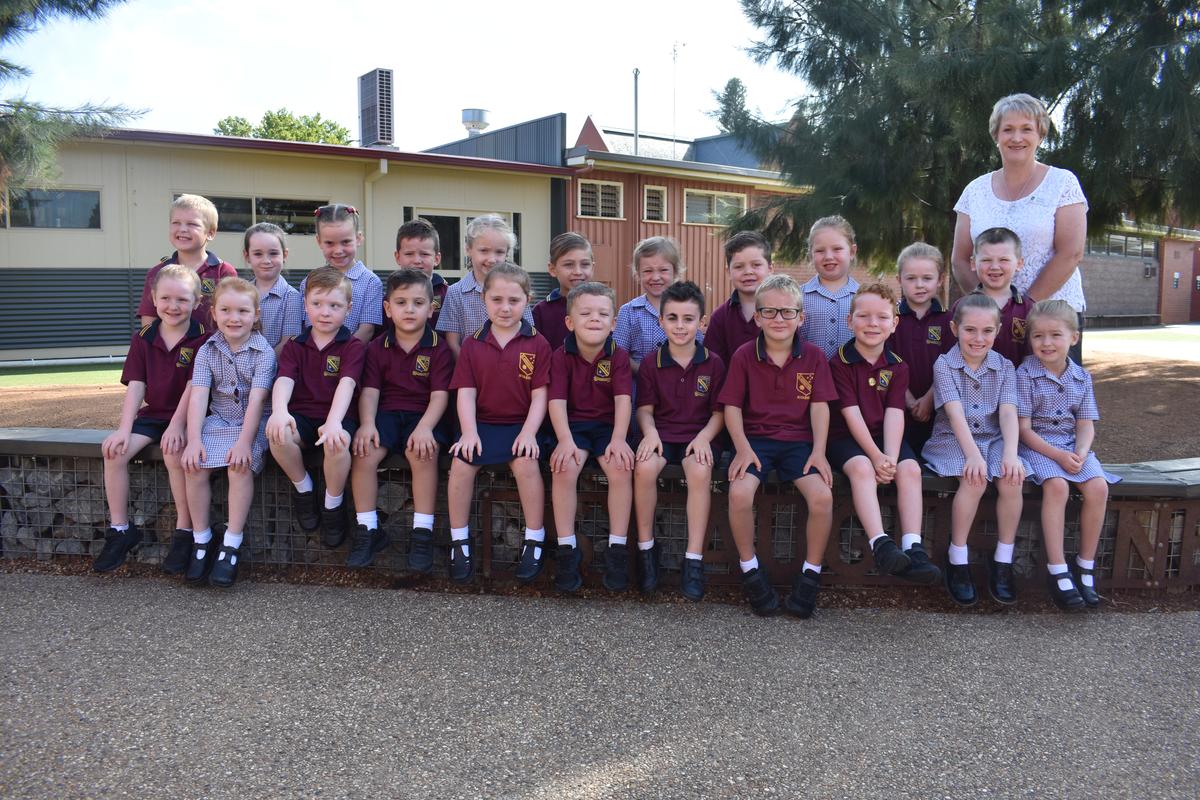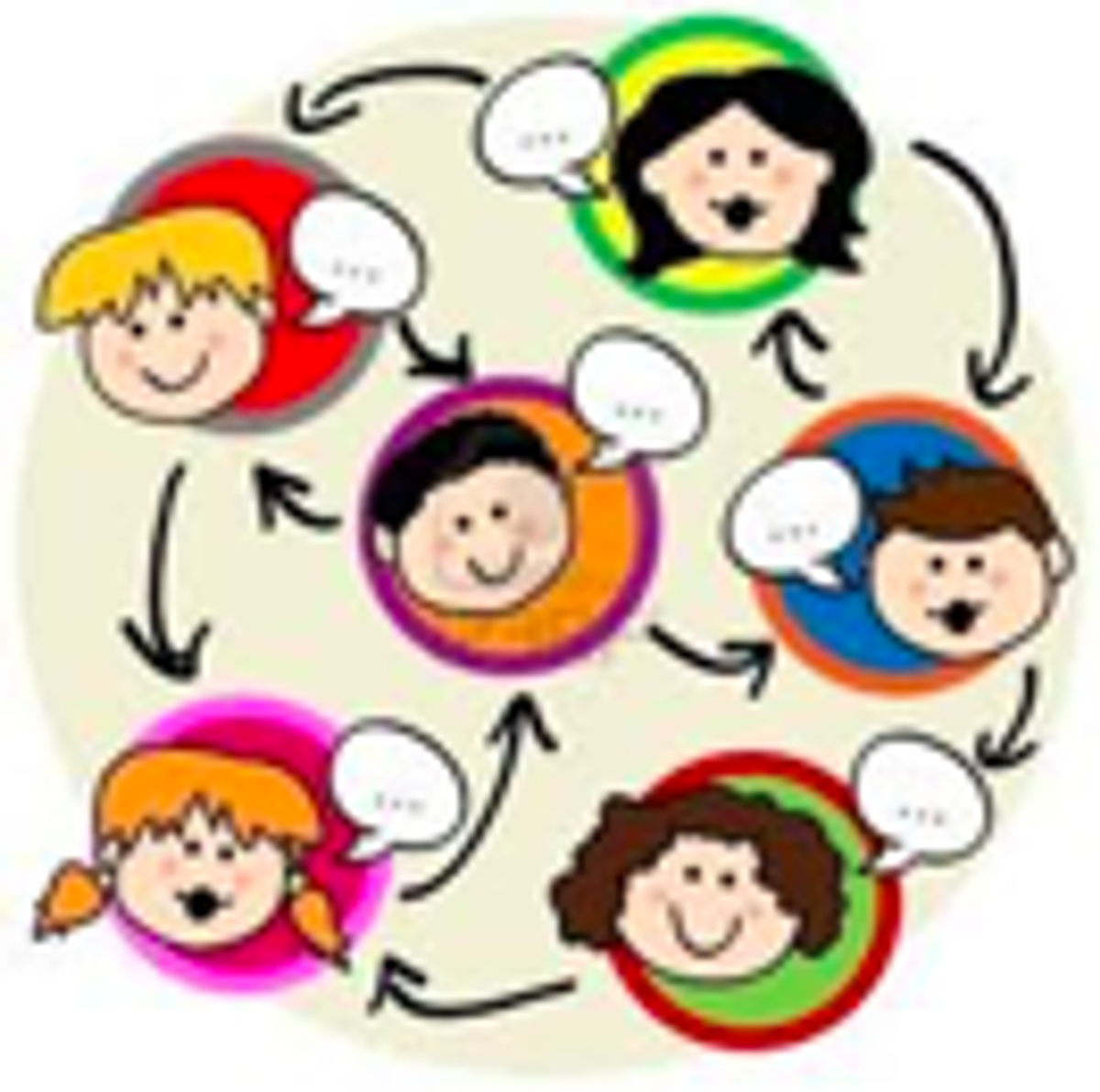F-4 Community News

Introducing our 2019 Foundation Students
Foundation LH
Back (L-R): Marley Elliott, Benjamin O’Dwyer, Elye Tuitupou, Lincoln Johnstone, Angus Bartholomeusz, Ryder McCormack, James Zobec, Matilda Brown and Miss Lauren Hall
Front (L-R): Colman Hargreaves, Hunter Mallon, Lexi Dunstall, Aylah McKellar, Markis Krestas, Matilda Hausler, Paige Davis, Cooper Morris, Zarah Key, Tameika Briggs, Oscar Gould, Tyler Taylor
Absent: Mason Kilpatrick, Milan Eddy
Foundation GM
Back (L-R): Tommy Goff-Quin, Chloe Guiney, Ava Williams, Billy Sheppard, Chloe Kenny, Samuel Hauser, Zara McLeod, Zavier Parsons, Myah Morton, Zoe Arnold, Jobe Huggan, Mrs Michelle Maudsley
Front (L-R): Isabelle Coombs, Emilyjane Forde, Christopher Fitzpatrick, Flynn Tartaglia, Ainslee Heard, Eli Ristovichis, Kaden Cooper, Lachie Young, Jeremy Alley, Kyah James, Tully Laird
Absent: Mrs Bree Guerra
Children's Chatter Matters
To best prepare our children for the language and learning demands of the school environment, they need ample time and opportunity to engage in meaningful interactions with their family.
Research suggests that the types of questions we ask and the quality of discussions we have with our children (at any age) are linked to school success. As children progress through the grades they must learn to use extended discourse in telling stories, giving explanations, reporting, expressing an opinion or writing an essay. Asking children “if, why and how” type questions allows them to deepen their thinking and prepare longer and more complex responses. It makes sense to build their confidence with extended discourse gradually, beginning with simple oral tasks.
Our school’s Speech Pathologist has provided many 'family friendly', fun oral language tasks aimed to enhance learning and literacy skills. You’ll find these in our fortnightly newsletters so look out for them!
We encourage you to set some time aside each week so that you can get the most out of your interactions with your child. In a busy household, sometimes the car is the best place for these focused activities. The key ingredients for a creative interaction are a time, a place, a willing talking partner or audience and an engaging topic or activity.
If your child is reading a particular book at home or in class, try to incorporate words or ideas from that text into your activity. For example; if you are building your child’s use of describing words, select a character from your child’s reader to describe. Encourage increasingly expensive words such as the beautiful, gorgeous, stunning and breath-taking princess.
Positive communication experiences at home help children feel accepted and valued. Growth in spoken language skills will build children’s self-confidence and help them learn to negotiate social interactions at school. This often transfers to other aspects of their learning and life.
Ten activities will be provided each term focusing on key areas of oral language supporting literacy, learning and socialising. Feel free to adjust these activities according to your child’s year level.
The following link is to the most comprehensive website available that provides parents with activities that are free, easily accessible and enjoyable. Each activity has been carefully selected to reflect the highest quality, up-to-date research evidence on early literacy development. There is also advice for parents who are concerned about their child’s reading and language development.
http://www.fivefromfive.org.au/parent-resources/
If you have any questions you can contact the Speech Pathologist through Selga Langley at school .
Good luck and most importantly, enjoy this very special time with your child.
Term 1: Phonological Awareness Activities
Activity 3: Word Awareness
How many words?
Say one of the following sentences and ask your child to count the number of words using their fingers or counters/blocks:
- I love my family.
- It is hot and I would like an ice-cream.
- My holiday was filled with lots of adventures.
- The cat in the hat was sitting on the mat.
- I was driving my car to work when it ran out of fuel.
- I enjoy looking at the stars in the sky at night.
- I really want to have a bubble bath and play with some bath toys.
- Travelling on a plane can be fun when my friends or family are with me.
- Riding a bike through the rough dirt road was thrilling.
- Baking delicious chocolate chip cookies with my mum is so much fun.
You could also choose sentences from their readers or texts.
Activity 4: Alliteration
The Food Game:
Watch what you eat! Take turns saying the name of a food you like that starts with the same sound as your own name. For example; Charlie – cheese. The activity could be extended to include an item that you don’t like to eat as well. For example, “I’m Fiona and I like to eat fish but I don’t like to eat frogs.”



